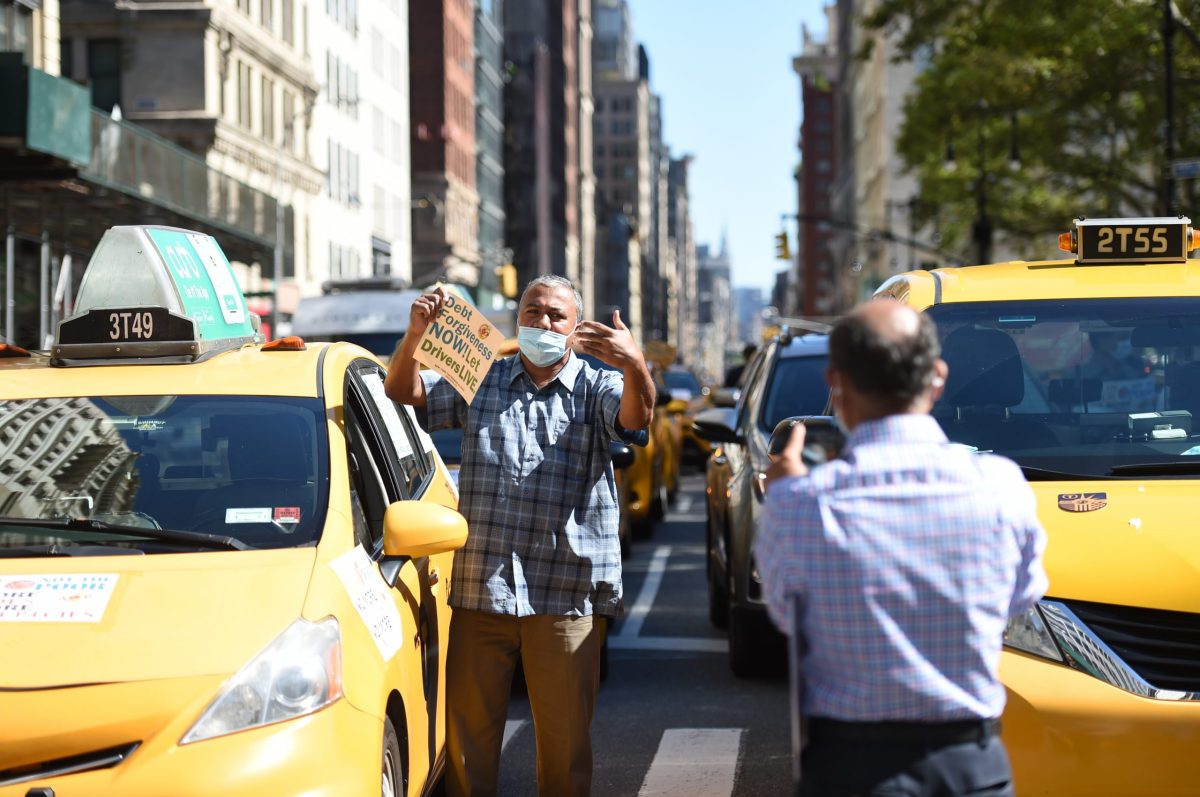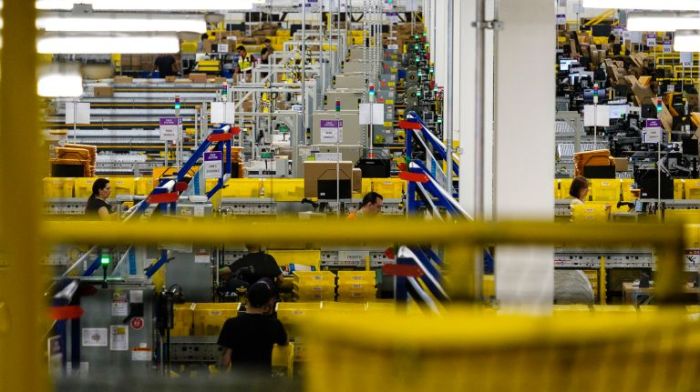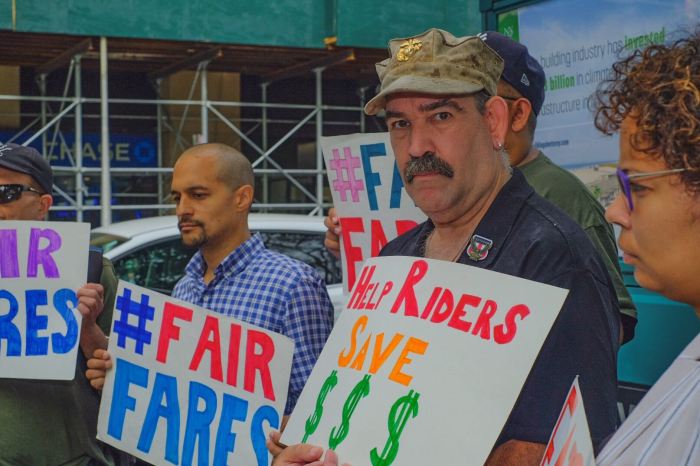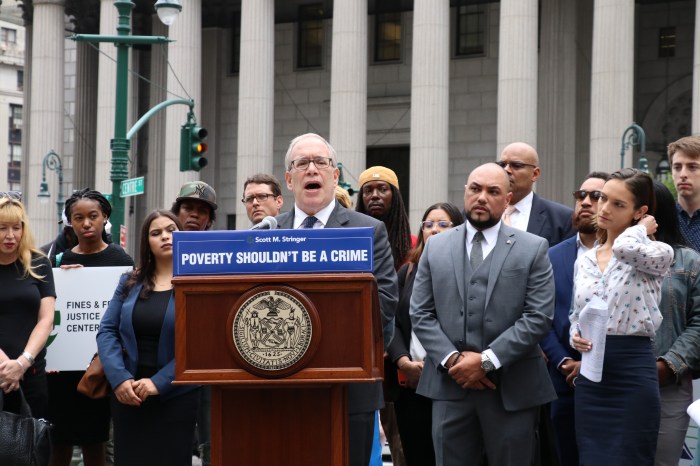The city is pledging $65 million toward a taxi medallion owner-driver relief fund to ensure the already ravaged industry doesn’t fall further into ruin, Mayor Bill de Blasio announced Tuesday.
The plan to relieve debt-ridden drivers, however, drew criticism from city lawmakers and industry reps who claim it doesn’t go far enough.
De Blasio said that as of this past weekend, with the $1.9 trillion stimulus bill passing, the city now has some money to dedicate to taxi drivers. The city will provide upfront up to $20,000 in loans to restructure medallion debt and up to an additional $9,000 in debt payment support. He said that they’ve spoken with various lenders and they are expected to participate.
Commissioner and Chair of the Taxi and Limousine Commission (TLC) Aloysee Heredia Jarmoszuk said restructuring these loans will be a lifeline to reduce interest rates or principals for drivers.
“This plan will offer real relief to medallion owners and has the power to transform the lives of many of our hardest working essential workers,” said Jarmoszuk. “Many medallion owners are struggling and have asked for assistance from the city. I speak with them everyday. I have heard the pain in their voices. That they have had to choose between making debt payment or providing for their families with a roof over their head and food on the table.”
This comes after January’s protests outside of de Blasio’s home at Gracie Mansion on the Upper East Side that saw dozens of cabbies calling for more aid and medallion debt relief. They complained that de Blasio had “dragged his feet one too many times” and hadn’t delivered on promises to help them.
“Even before the pandemic we know taxi drivers were dealing with a crisis because of what happened with the value of medallions. It’s a very sad story, and it’s a story with a lot of injustice in it because lenders took advantage of these drivers. When I came into office and we realized the extent of the problem, we cancelled medallion sales. We just wouldn’t do them anymore,” acknowledged de Blasio.
The classic New York yellow cab driver, once a pathway to opportunity for many immigrant communities, had been saddled pre-COVID with crushing debt from predatory loan practices and oversight in regulation on the city’s part in the early 2000s.
The city essentially sold overpriced medallions, which are transferable permits in the U.S that allow a taxicab driver to operate. After decades of inflation, drivers couldn’t afford them without opportunistic lenders to back them.
Further exacerbating the issue were the influx of rideshare companies, like Uber and Lyft, that were unregulated at the time — and substantially cut into the driver’s profits. The New York Times published an in-depth article explaining how the ecosystem of yellow cab drivers and medallion holders stretched all the way to Chicago even, and was being so heavily preyed upon that many opted to take their own lives rather than suffer with the mounting debt.
In 2020, the estimated 13,000 medallion holders that were left struggled even more to stay afloat as the COVID-19 crisis began. The city pivoted to employ yellow cabs for food delivery and other transportation services during the lockdown.
“Taxi drivers stepped up and helped us, helped our community. Taxi drivers were in the lead for getting food to seniors that needed them, helping make sure that people could get around,” said de Blasio.
Almost immediately after the Mayor’s medallion relief plan was announced though, it received some backlash.
“Mayor de Blasio’s response to our debt crisis does absolutely nothing for drivers. It’s a cash bailout for lenders while drivers are left to drown in debt, foreclosure, and bankruptcy,” said New York Taxi Workers Alliance (NYTWA) Executive Director Bhairavi Desai in a tweet.
Desai said that the alliance had put forth their own proposal that was driver-centered and not a “giveaway to lenders.” The NYTWA proposal was drafted into legislation in January 2020, sponsored by Congressman Gregory Meeks and many others.
City Comptroller Scott M. Stringer also called the Mayor’s plan a “disgrace” in a statement today.
“There is no excuse not to address the crisis with a real solution. We have the means — we just need the will to meaningfully act,” said Stringer. “It’s within our power to solve this problem. We don’t have to throw up our hands and look away from the despair and desperation. We must meet our responsibility — and the moment — and immediately implement the New York Taxi Workers Alliance proposal.”
De Blasio said he respects the NYTWA, but it’s really easy to call for things that “aren’t going to work” or aren’t “sustainable” in response.
Manhattan City Councilman Ydanis Rodriguez, who chairs the Council Transportation Committee, suggested that the $65 million investment was only a down payment, and that a “real plan” was needed to get taxi drivers out from under crushing debt.
“These drivers have been severely financially impacted by COVID-19, any recovery plan the City puts forth must be one that includes our taxi drivers,” Rodriguez said. “We must draw from the proposed plan by the Taxi Workers Alliance and the recommendations made by the Taxi Medallion Task Force and ensure we are doing much more to help our struggling taxi medallion owners.”
With reporting by Robert Pozarycki

















